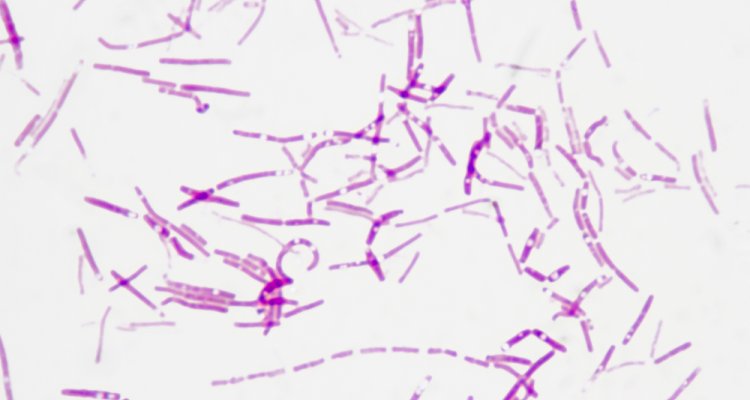
Project
Alcohol consumption in the deep-sea; the interesting metabolism of sulfate reducing organisms
Studying the metabolism of methanol and other alcohols in sulfate reducing bacteria using genomic, transcriptomic and proteomic approaches.
Background
Methanol is the smallest compound in the class of alcohols. Besides an immense annual chemical production, it is abundant in nature as result from the degradation of plant material or interaction of CO2 and H2 in deep subsurface environments. In nature it serves as substrate for a multitude of microorganisms. While it is well studied in aerobic organisms, as well as in anaerobic methanogens and acetogens, it is yet poorly understood in anaerobic sulfate reducers. Recently it has been shown to be quite interesting.
Aim of the project
This project aims to investigate the methanol metabolism of sulphate reducing bacteria. This is done with a combination of genetic analysis of available genomes regarding the enzymes involved in methanol utilization and several co-culture experiments investigating the competition or cooperation of sulfate reducers with other anaerobic microorganisms. This will be supported by transcriptomic analysis of underlying genes, some of which also will be subject to protein purification and crystallization. Knowledge gained is fundamental for the understanding of the deep-sea environment and has potential for the development of novel biotechnological applications.
Techniques involved
This project focuses on investigating of the biochemical background of methanol metabolism in anaerobe environments. This is done using a variety of approaches. Physiological studies in anaerobe serum bottles will be carried out, analysing the consumption of several alcohols in a range of conditions. Proteomics will be used to identify enzymes that are involved in the degradation of methanol in several different organisms. Proteins of interested will then be heterologously expressed in E. coli. The purified protein will then used for enzyme kinetic studies and finally be crystallized to complete the characterization of the enzyme.
Key techniques:
- Anaerobic microbiology
- Reactor operations
- Transcriptomics
- Genomics
- Proteomics
Contact
Would you like to work on this project? Please do not hesitate to contact Lukas Friedeheim.